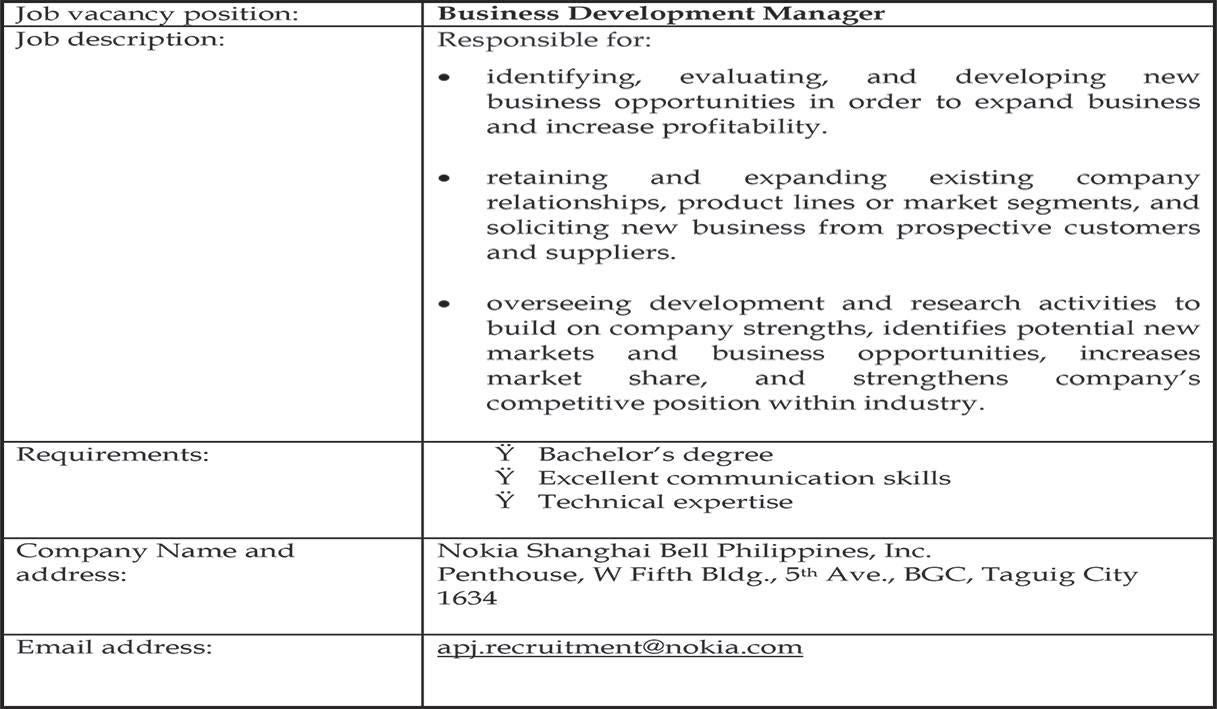
2 minute read
Britain agrees to join Pacific trade pact in post-Brexit deal
LONDON—The UK has agreed to join an Asia-Pacific trade pact that includes Japan, Mexico and Australia—the biggest new trade deal Britain has struck since leaving the European Union three years ago.
The British government said Friday that it had clinched an agreement after almost two years of negotiations to join the Comprehensive and Progressive Agreement for Trans-Pacific Partnership, or CPTPP. The government said membership would reduce tariffs on British dairy products and other goods and remove red tape for services, boosting the UK economy by 1.8 billion pounds ($2.2 billion) “in the long run.”
Prime Minister Rishi Sunak said the deal “demonstrates the real economic benefits of our post-Brexit freedoms.”
“Joining the CPTPP trade bloc puts the UK at the center of a dynamic and growing group of Pacific economies, as the first new nation and first European country to join,” Sunak said. The deal comes as the UK pursues an “Indo-
David Henig, a trade expert at the European Center for International Political Economy, said CPTPP membership would not have a huge economic impact but “on balance” it was good for Britain.
“Doesn’t do a lot for us (services provisions for example are weak), but trade policy is all about marginal gains these days, and it should be that,” he wrote on Twitter.
Members of the CPTPP are Australia, Brunei, Canada, Chile, Japan, Malaysia, Mexico, New Zealand, Peru, Singapore and Vietnam.
The United States, the world’s biggest economy, is not part of the CPTTP; former President Donald Trump withdrew the country from its predecessor, the Trans-Pacific Partnership.
His successor, Joe Biden, has not rejoined.
China, which has the globe’s secondlargest economy, has applied to join, a move that would quadruple the group’s total population to some 2 billion people. AP
Song Tao, head of Beijing’s Taiwan Affairs Office, said “people on both sides of the Taiwan Strait are of one family” during a meeting with Ma in Wuhan, the official Xinhua News Agency reported Thursday night.
Song also called for “boosting the peaceful development of cross-strait relations,” while opposing “foreign interference,” a veiled reference to US support for Taiwan and its 23 million people, especially militarily.
The comments underscore China’s efforts to strengthen ties with Taiwan’s main opposition party, the Kuomintang (KMT), which will try to win the presidency for the first time in a decade. Last month, Song met KMT Vice Chairman Andrew Hsia while he was visiting
Beijing is also trying to counter perceptions that it is becoming reckless amid increased geopolitical tensions. Premier Li Qiang told business and government leaders at the Boao Forum for Asia on Thursday that his nation was committed to peace.
Ma’s trip to China comes as Taiwan President Tsai Ing-wen stops in the US as part of a trip to Central American allies. She has worked to build Taiwan’s profile on the world stage since taking power in 2016.
While China has pledged to take control of Taiwan by any means necessary—and has stepped up military and diplomatic pressure on island in recent years—it also emphasizes shared historical and cultural links as a reason its claim is legitimate. The government in Beijing has never controlled Taiwan.
Ma, president of Taiwan from 2008 to 2016, is visiting China until April 7. He’s leading a group of students to Shanghai and other cities, including his
Earlier this week, he visited the mausoleum in Nanjing of Sun Yatsen, the Chinese leader who founded the KMT, which Ma eventually led. Ma also toured a museum commemorating the massacre carried out by Japanese troops in 1937.
Both the Communist Party and the KMT fought the Japanese in China during World War II.
Tsai, whose Democratic Progressive Party insists the island is already a de facto sovereign nation, said at an event in New York Wednesday that “Taiwan is at the front lines of democracy.”
China has warned the US and Tsai that a meeting with US House Speaker Kevin McCarthy during an upcoming stop in Los Angeles would be a serious provocation.
China responded to a meeting last summer between Tsai and then-Speaker Nancy Pelosi by holding military drills around Taiwan and sending missiles overhead. Bloomberg News










